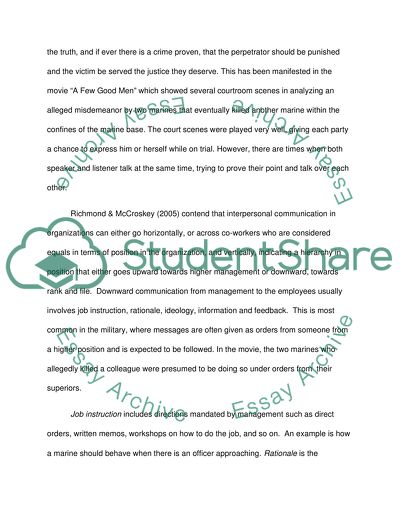Cite this document
(“Interpersonal Communication and Movies Research Paper”, n.d.)
Retrieved from https://studentshare.org/english/1477200-interpersonal-communication-and-movies
Retrieved from https://studentshare.org/english/1477200-interpersonal-communication-and-movies
(Interpersonal Communication and Movies Research Paper)
https://studentshare.org/english/1477200-interpersonal-communication-and-movies.
https://studentshare.org/english/1477200-interpersonal-communication-and-movies.
“Interpersonal Communication and Movies Research Paper”, n.d. https://studentshare.org/english/1477200-interpersonal-communication-and-movies.


